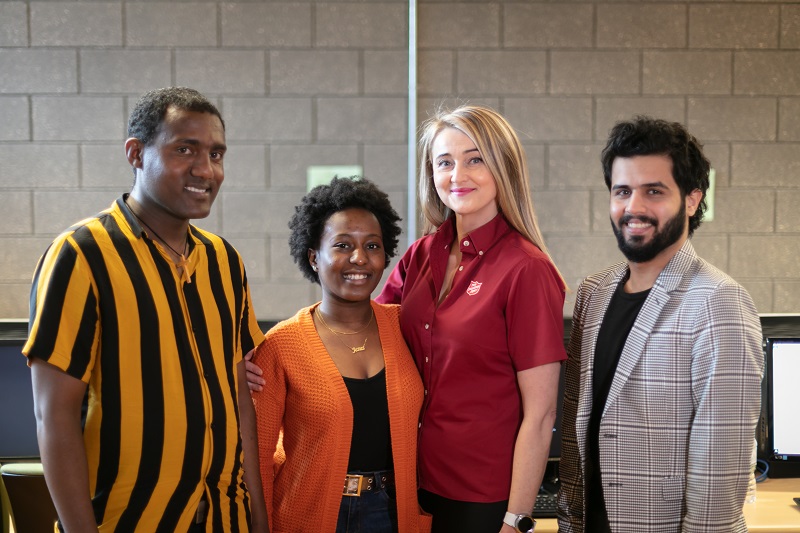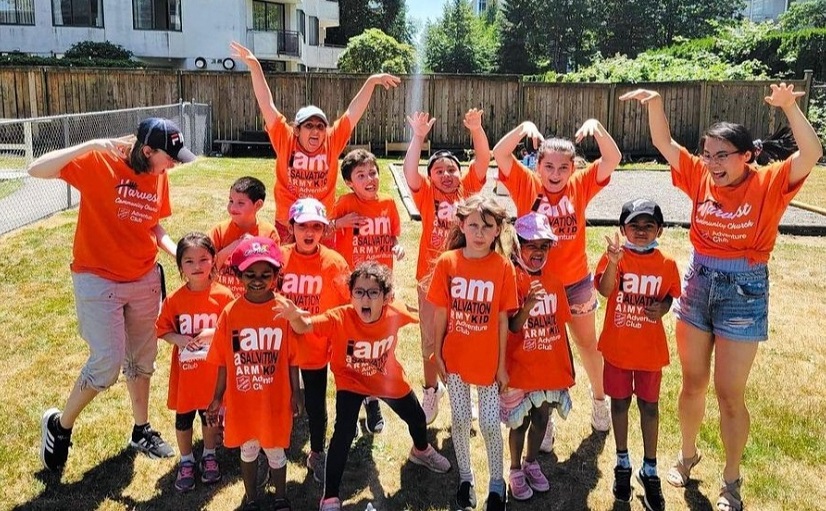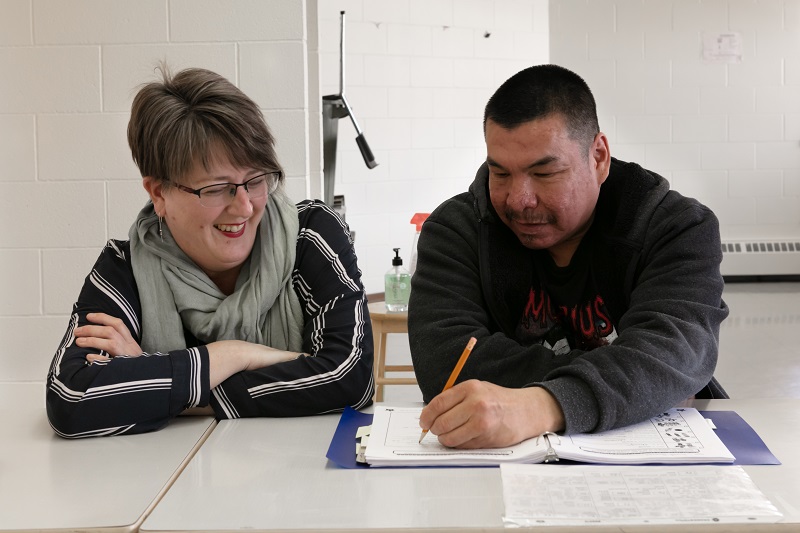Reuniting Two People Through The Salvation Army’s Refugee and Immigrant Program

Saba was so desperate for safety and a better life that she risked dangerous border crossings and the possibility of being shot on sight or caught up in a trafficking ring. Eventually, she immigrated to Canada—facing a future filled with uncertainty and a new set of challenges.
“I was 17 when I fled an Eritrean military camp,” says Saba. “When I learned that the 18-month mandatory program could turn into eight to 10 years, or longer, I was afraid for my future.”
In the middle of the night, Saba escaped and walked by foot for three days and nights to safety in nearby Sudan.
“It was a very long way and terrifying,” says Saba. “When I think about my experience now, it seems like a movie—not real.”
New Set of Challenges
Saba eventually travelled to Egypt and started the immigration process to come to Canada. Two years later, in 2010, Saba was able to call Canada home.
In 2013, Saba went to Uganda to marry her childhood sweetheart, Tesfom. She returned to Canada and pursued a spousal sponsorship application.
“There were many forms,” says Saba. “Proof of relationship, travel and identity documents, photos, police clearances and more. To ensure I got it right I sought out an immigration lawyer. But when I learned of the standard $5,000 to pursue my case, I left disappointed and hopeless.”
Saba lay awake at night wondering if she would ever have her husband beside her again. Then she heard of a program that provided free legal aid to immigrants and refugees.
Reunited
“Our focus is family reunification,” says Marie Kettle, Program Coordinator of The Salvation Army’s Atlantic Refugee & Immigrant Services (ARIS), based in Halifax. “The program is the only one of its kind in the Maritimes.”
Today, Saba has a radiant smile. In May 2015, and after two years of working with The Salvation Army and the immigration process, Tesfom set foot in Canada.
“The Salvation Army lifted a huge burden for me,” says Saba. “They completed complicated paperwork, kept me informed of the progress and listened to my hard experiences.
“Tesfom and I are both working and staying positive. We are grateful for opportunities in Canada but are most thankful that we can act, think and speak freely—things we don’t take for granted.”



